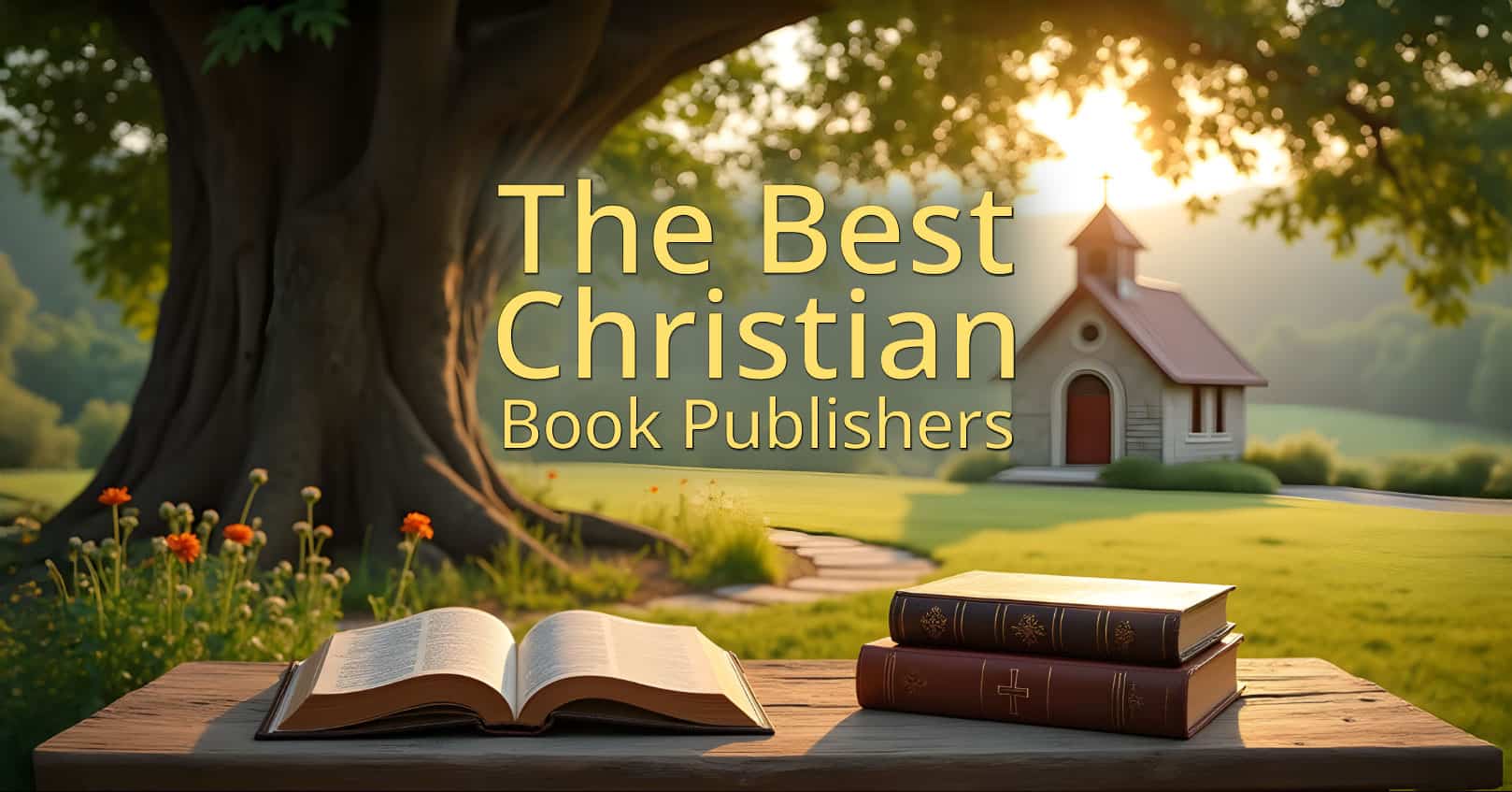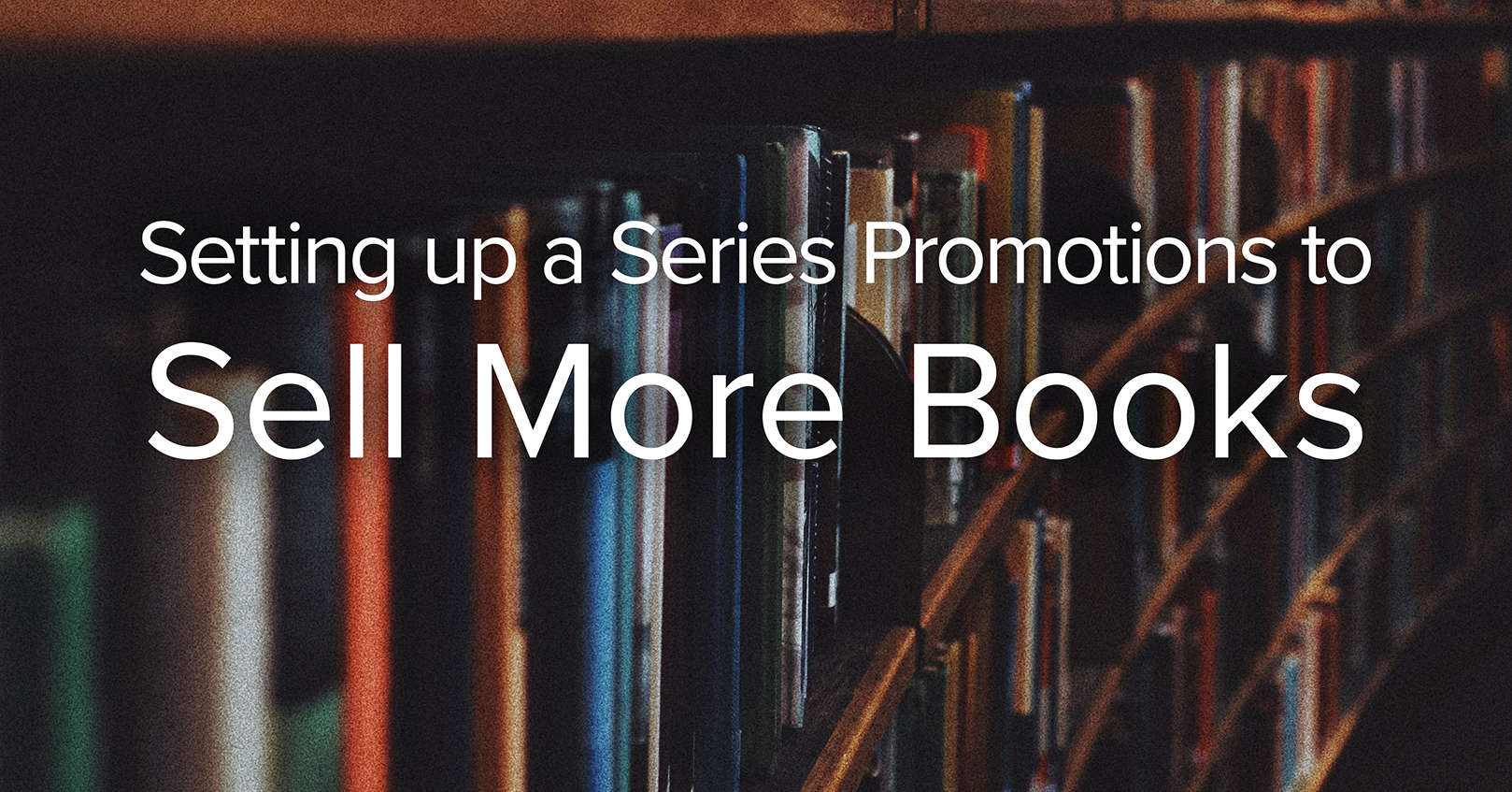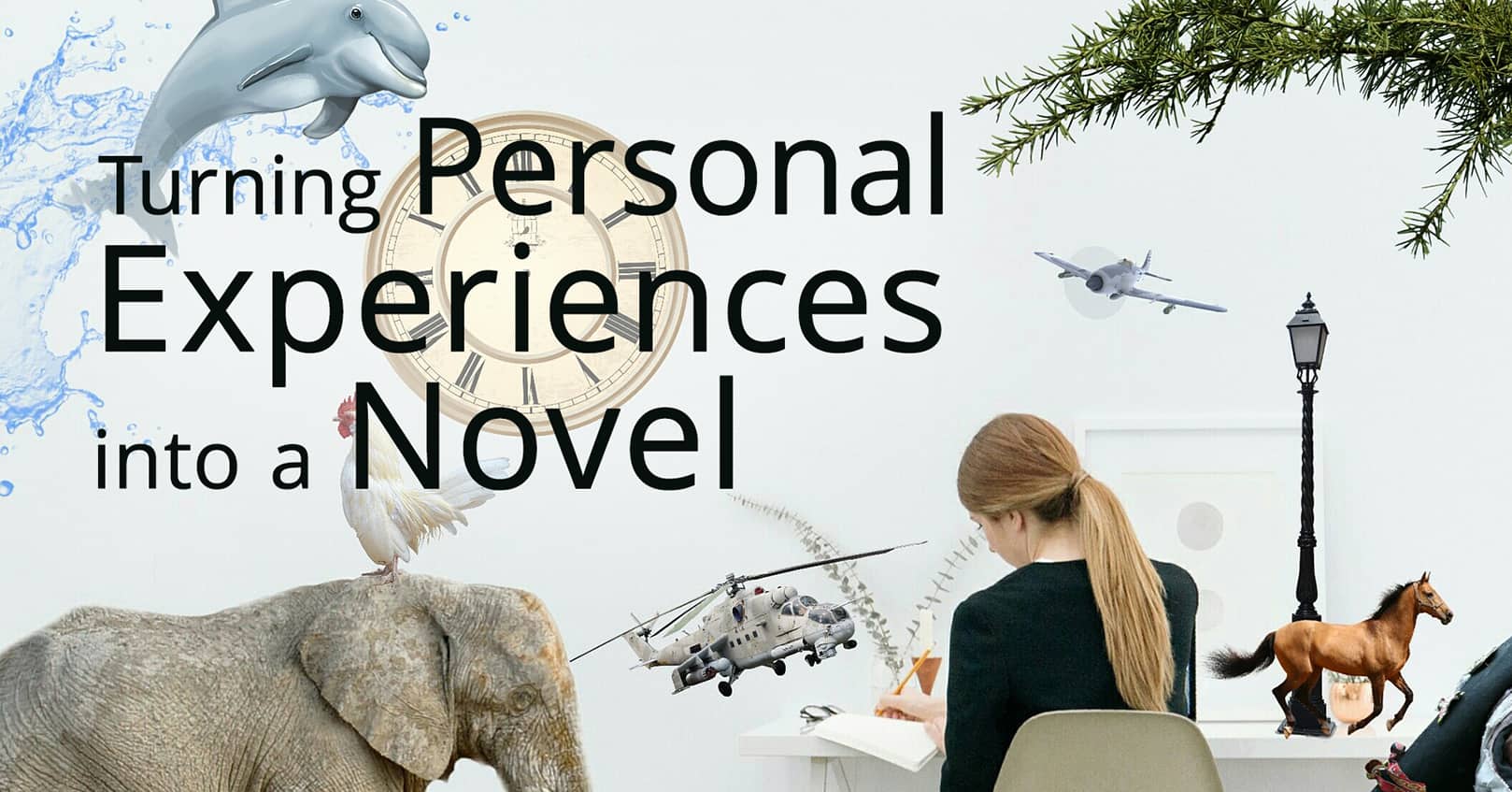
As authors, we spend countless hours building our protagonists—layering trauma, dreams, flaws, and triumphs. But a truly unforgettable story often hinges on something else entirely: the strength of the villain. A compelling antagonist isn’t just a roadblock. They are a mirror, a catalyst, and sometimes even the shadow twin of our hero. But what makes a great villain tick? Why do some linger in our minds long after we close the book?
Let’s dive into the psychology behind powerful antagonists—and how you can write one who grips your readers from the first page to the last.
1. Villains Believe They’re Right
The most chilling antagonists don’t twirl mustaches. They don’t wake up thinking, “I’m the bad guy.” Instead, they’re driven by purpose, conviction, even love. They believe their actions are justified—even noble.
Take Erik Killmonger (Black Panther) or Magneto (X-Men). Both are products of trauma. Both have worldviews shaped by loss and injustice. Their motives make sense even when their actions don’t.
Writing Tip: Ask yourself, If I told the story from the villain’s POV, would the reader root for them? If the answer is yes, you’re on the right track.
2. Motivation Over Mayhem
Evil for evil’s sake rarely resonates. A villain’s choices should be grounded in their past—pain, fear, ambition, vengeance, love.
Is your antagonist trying to right a wrong? Protect someone? Rewrite a system that failed them? The deeper the motive, the more complex (and believable) the conflict becomes.
Ask: What does my villain want more than anything? What are they afraid of losing?
3. The Shadow Self of the Hero
Jungian psychology gives us a fascinating lens: the concept of the “shadow”—the repressed, darker aspects of the self. A great villain often embodies traits the hero fears in themselves or refuses to confront.
If your protagonist is ruled by duty, maybe the villain is pure chaos. If your hero craves justice, the villain might manipulate truth itself. The best antagonists aren’t random—they reflect the hero. And by confronting the villain, the protagonist confronts themselves.
Try This: Define your hero’s greatest fear or weakness. Now build a villain who thrives in that space.
4. Moral Ambiguity Is Gold
We live in a morally gray world, and readers respond to that complexity. The best villains aren’t wholly evil; they might show compassion, protect the innocent, or even save the hero. This unpredictability creates tension—and tension keeps readers hooked.
Balance the scales: Give your villain a moment of softness. A memory. A choice they regret. Even monsters have beating hearts.
5. Charisma and Presence Matter
Let’s be honest: we love a villain who can command a room. Whether it’s with words, power, or sheer presence, a compelling antagonist knows how to hold attention. This doesn’t mean they have to be flamboyant—but they should be memorable.
Think of Moriarty in Sherlock, or Villanelle in Killing Eve. Even when they’re off-page, their influence pulses through the narrative.
Writing Tip: Give your villain a signature. A phrase, a gesture, a philosophy that defines them. Readers should feel them even when they’re not there.
6. Villains Are Products of Their World
Your story world shapes your characters—and that includes the antagonist. Their actions, fears, and goals should feel like they grew organically from their environment.
Did the government oppress them? Did a war leave them orphaned? Is their society built on lies they’re trying to expose?
Deepen the lore: Make sure your villain’s backstory fits seamlessly into your worldbuilding. When the world and the character feel inseparable, your story gains depth.
Final Thoughts
A great villain doesn’t just oppose the hero—they challenge them, change them, and sometimes even outshine them. When you give your antagonist psychological depth, moral weight, and personal stakes, you’re not just writing a “bad guy.” You’re creating a force of nature.
And that? That’s what readers remember.
Now You:
-
What’s your favorite fictional villain, and why?
-
Do you struggle more with protagonists or antagonists when drafting?
-
What’s one trait your villain has that makes them unforgettable?
Let’s keep the conversation going. Writing a villain is half craft, half catharsis—and wholly worth it.















Comments